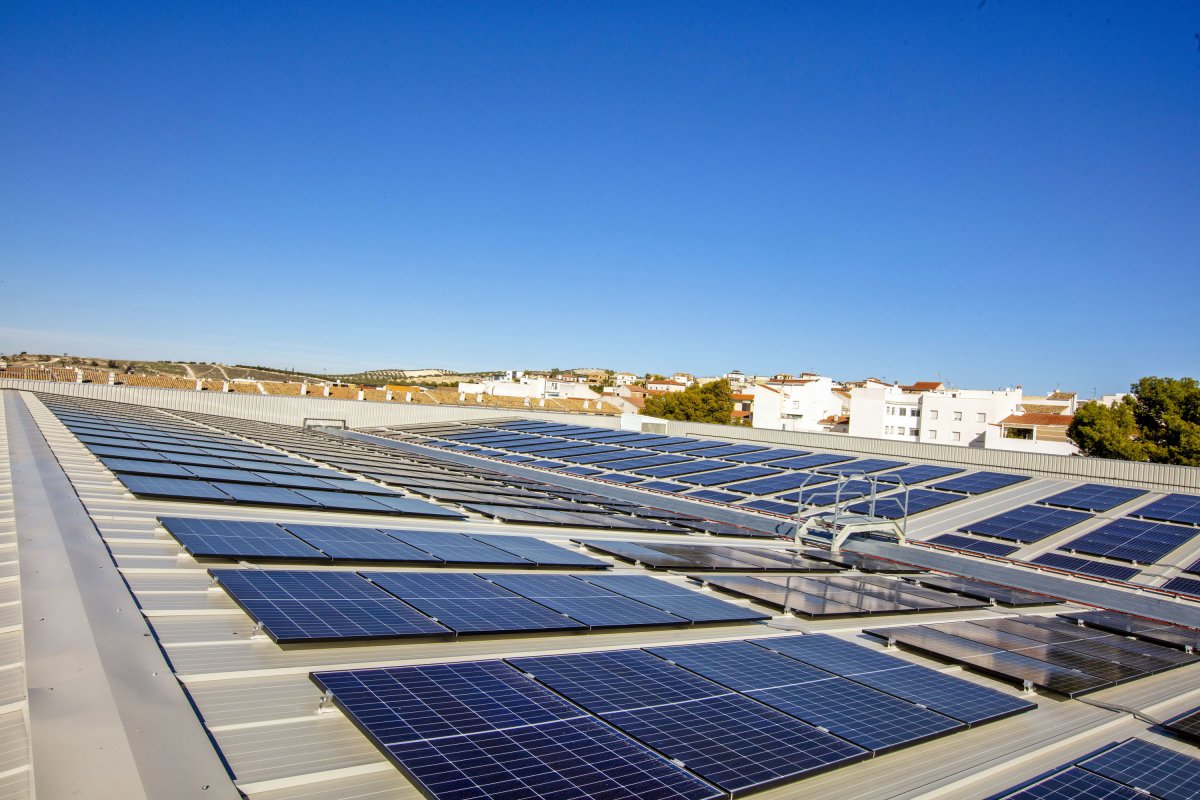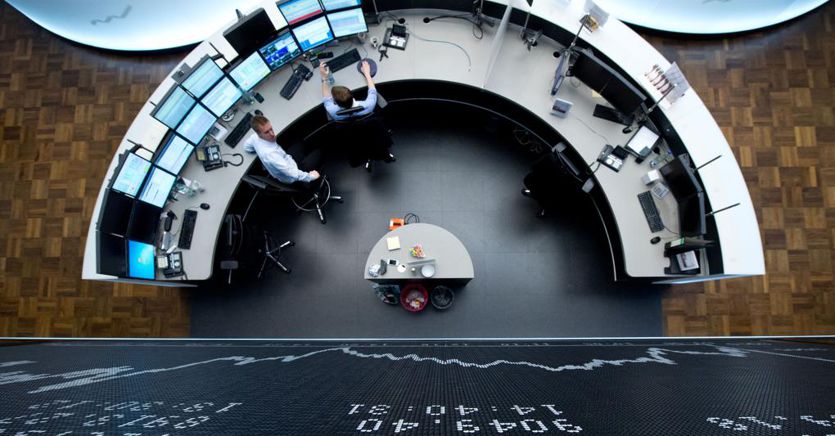Mercadona has its own Environmental Management System that seeks to identify, prevent and reduce the impact of its operations on the environment through strategies related to improving logistics, energy efficiency, responsible waste management, food waste or biodiversity. The company recognizes the importance of caring for the planet and the crucial role that adopting more sustainable practices plays for society, which is why it is committed to addressing current environmental challenges.
Mercadona’s Five Strategies for Caring for the Environment
Logistics optimization Mercadona is a pioneer in improving logistics and decarbonising transport.
· Transport more with less: One measure to reduce impact is to “transport more with less”. It’s about optimizing each trip to reduce the number of trips and reduce traffic congestion, among other factors. Mercadona’s green fruit and vegetable boxes are another measure. Because they are foldable, they help eliminate 107,072 truck trips per year and reduce CO2 emissions.
· Sustainable transportation: Mercadona is immersed in the search for more sustainable means of transportation, with alternative fuels, and strategies to improve the last kilometer.
One recent example is the testing of 100% electric tractor trucks. Since 2015, Mercadona has been the first company in the sector in Spain to test 100% electric tractor trucks, as well as to have a renewable fleet of trucks. This progress has allowed it to stop emitting more than 85,000 tons of CO2 and achieve a 27% reduction in emissions per pallet transported.
· Less polluting transport: Mercadona uses gas trucks, EURO 6 or higher fleet, ECO trucks and rail transport. In addition, double-trailer and large-duty trucks have been integrated, allowing more to be transported with fewer trips.
· Improve refrigeration equipment for trucks and vans by using more efficient natural refrigerants.
· Commitment to initiatives such as Lean & Green, which aim to continuously improve logistics efficiency.
These Mercadona actions are in line with the European Green Deal’s emissions-neutral commitments and represent a milestone in the decarbonisation of the transport sector towards 2050.
Energy efficiency Since 2016, Mercadona has implemented an efficient store model that encourages the reduction of energy consumption and includes measures such as:
· Use efficient lighting systems and solar panels on roofs.
· Latest equipment and machinery such as closed freezers.
Waste management The company works to reduce the consumption of raw materials and the generation of waste. This is achieved through strategies that encourage reuse and recycling.
· Reducing waste: reusable nets for fruits and vegetables, which reduce plastic consumption, or reusable box bags containing 70% recycled plastic obtained after recycling the plastic film produced in stores and warehouses.
· Waste valorization: Finding ways to recycle and give a second life to waste generated from everyday activities. It helps reduce the amount of waste that ends up in landfills and reduces environmental impacts.
Here are some evaluation strategies:
· Recycling of plastic film, which is re-incorporated as recycled plastic into reusable box bags with 70% recycled plastic.
· Valorization of cardboard packaging for the manufacture of new packaging such as, for example, a milk jug collection box.
· Converting meat and fish derivatives (SANDACH) into raw materials for animal feed.
· Separation of organic waste in more than 450 warehouses, which are used in the manufacture of fertilizer for crops or in the manufacture of biogas, which is used as fuel for urban transport or garbage trucks.
· Using frying oil available in convenience stores to make biodiesel, i.e. biofuel for vehicles.
food waste Mercadona store managers adjust fresh produce orders according to sales forecasts, which are calculated using an internal computer tool that takes historical sales data and multiple factors as a reference.
In addition, if the product is not sold and is fit for consumption, it will be donated to more than 750 social organizations with which the company cooperates. In case the food products are not fit for donation, they are delivered to authorized officials.
Biodiversity In its environmental management strategy, the company is betting on biodiversity. For this:
· Implementing roofs and vertical gardens in many supermarkets, which brings environmental benefits for urban sustainability.
· Evaluate your facilities periodically to avoid impacts on areas of high biodiversity.
Responsible Business Model
Environmental care plays a fundamental role in achieving the Sustainable Development Goals (SDGs) contained in the Global Compact. The company has been a partner in this initiative since 2011 and is constantly working to promote more sustainable practices and respond to the goals that have the greatest impact on the impact of its activity.
Through Mercadona’s Environmental Management System, the company achieves sustainable development goals.
Electric car charging points
These are five of Mercadona’s environmental management strategies. However, it is also working on other sustainable strategies, such as installing charging points for electric cars. In this regard, the company is expanding its semi-rapid charging network with the aim of improving the service and moving from 3.7 kW to 22 kW. For this, it plans to invest 21 million euros to implement almost 5,000 semi-rapid charging points and transform Mercadona’s charging network into one of the largest private networks in Spain and southern Europe.

“Infuriatingly humble social media buff. Twitter advocate. Writer. Internet nerd.”



